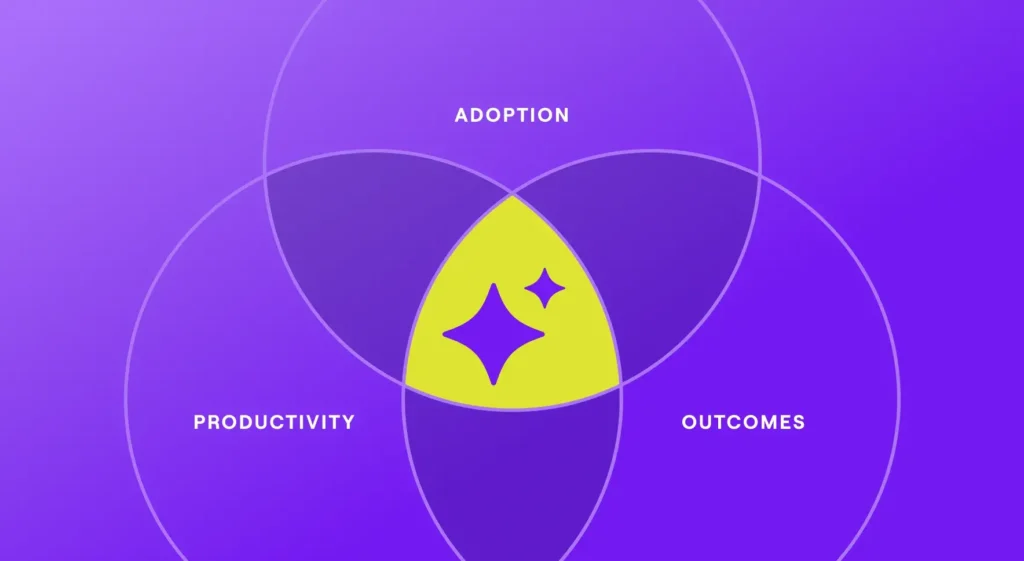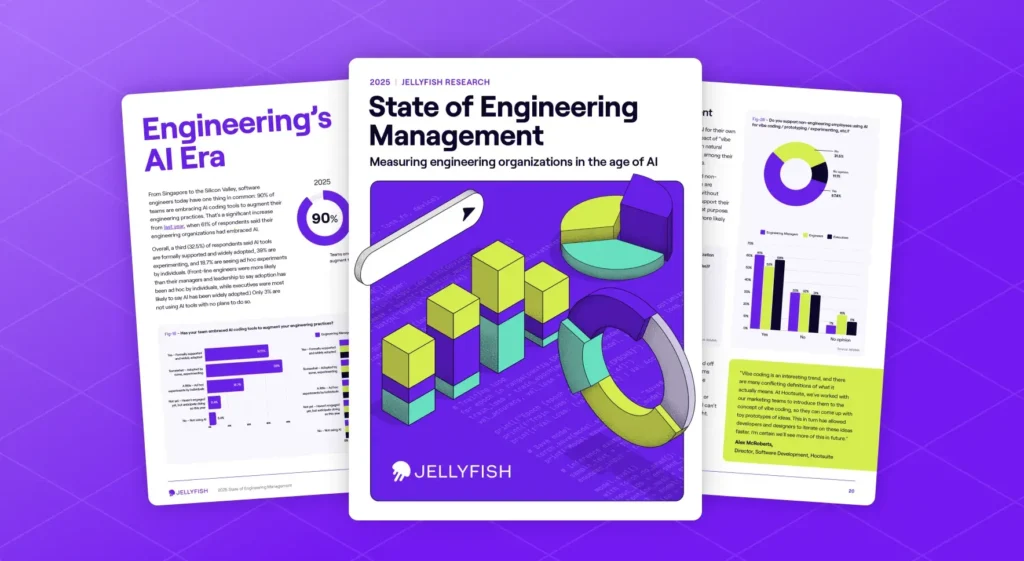What is Project Management?
Project management in software development is a process that involves orchestrating teams of developers, designers, and other stakeholders, to successfully plan, execute and deliver a software project within the given constraints of time, cost, and quality. At the core of project management lies the need for effective communication, coordination, and collaboration among team members.
In more complex organizations, project management is often a full time position central to the functioning of software teams. Project managers must juggle various tasks, including defining project objectives, identifying risks, managing budgets, scheduling tasks, and ensuring that the project is meeting the expectations of the stakeholders.A skilled project manager is a good leader and nimble problem solver. They need to be adept at anticipating and addressing potential issues before they arise, and to adapt to changing circumstances as a project progresses.
What is Program Management?
Program management is more a strategic practice than an operational one, involving coordinating across a set of related projects, activities, or organizational operational changes to achieve a common business goal or objective. Together these related projects, activities, and initiatives are called Programs. Program managers must work closely with project managers, stakeholders, and other team members to ensure that everyone is on the same page and that progress is being made towards the program’s goals.
Program Management in Software Engineering
Program management in software engineering involves overseeing multiple development projects to achieve specific business objectives. A program manager must have a deep understanding of software engineering principles and practices, as well as project management methodologies. They are responsible for ensuring all projects are aligned with the program goals and are executed efficiently, while also adhering to software engineering best practices.
Program Management deals with an all together different risk management profile when compared to managing singular development projects. Whereas engineering and project managers generally manage operational risks around bottlenecks and technical roadblocks across specific projects, program management focuses on identifying potential business risks such as resource constraints, changing market conditions, and external dependencies.
A successful program manager in software engineering should be able to manage these risks while balancing the technical aspects of software development with the business goals of the program. They should be able to lead and motivate teams of developers, but also communicate effectively with non-technical stakeholders. Ultimately, a program manager in software engineering is responsible for ensuring the successful delivery of software projects within the program, on time, within budget, and to the expected quality standards.
Effort Estimation in Project Management vs. Program Management
Technically focused project management professionals have traditionally struggled to use the widely adopted tools of their field when it comes to software development.
Sure, you can progress a project through the pipeline with Asana or Jira, but to act proactively to anticipate roadblocks or effectively manage resources across a development program, these tools can fall a bit flat.
At Jellyfish we try to address this by offering both an operational and more programmatic view of software development projects driven by the data signal generated from development tools LIKE jira.
On an operational level, Jellyfish generates a predicted finish date for every in-flight deliverable which is heuristically calculated based on the performance of similar, completed deliverables. This highlights the additional resources needed to get a deliverable across the finish line in terms of FTE; full time engineering effort.
Take the Jellyfish Scenario Planning Product Tour
Scenario Planning goes one step further for Program Managers by enabling them to develop a model to calculate the opportunity cost of moving an engineer from one project to another. This model can assist with planning upcoming projects and generating more accurate forecasts, as well as aid in re-prioritization efforts by providing an analysis of the impact when making these trade off decisions.
Learn more about Jellyfish’s ability to measure resource allocations and Jellyfish Scenario Planning, or request a demo today.






